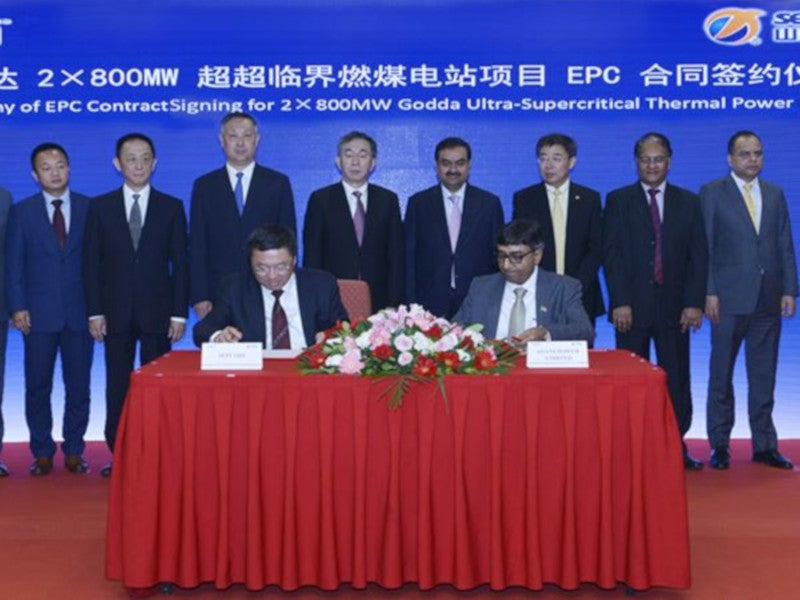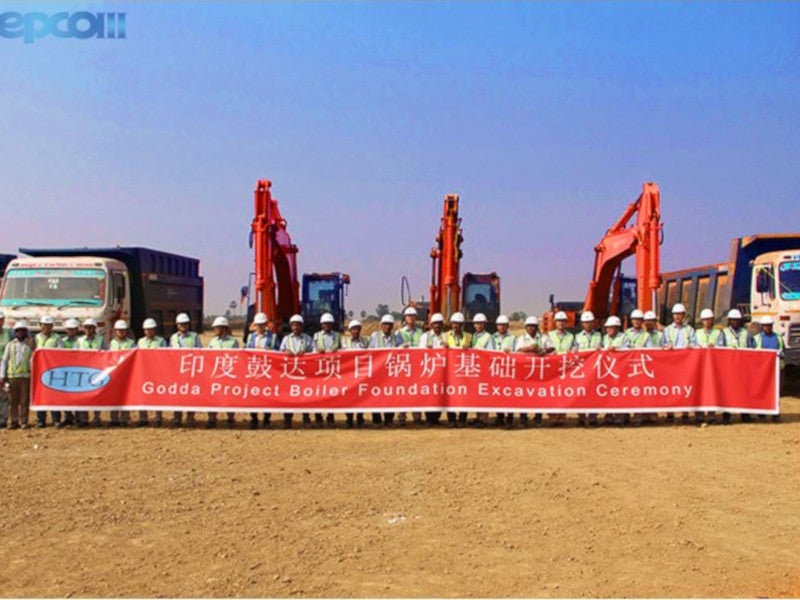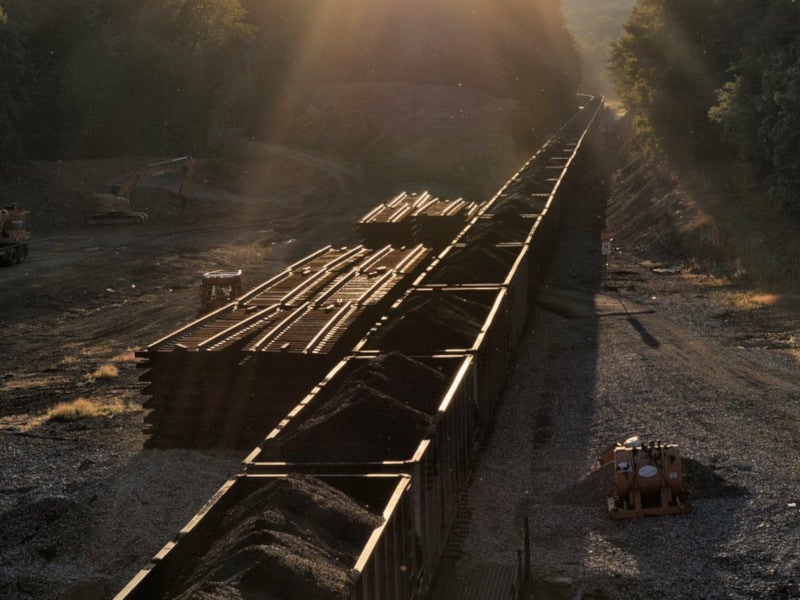Adani Power is developing the 1.6GW Godda ultra supercritical thermal power project in Jharkand, India.
The coal-fired power plant will entail an investment of Rs13.846bn (£1.57bn), which will be financed through 70% debt and 30% equity.
Adani Power signed a memorandum of understanding (MoU) with Bangladesh Power Development Board (BPDB) in September 2018 to develop the ultra-supercritical power project on a build-own-operate (BOO) basis and supply the power generated through a dedicated transmission line.
The plant will include two units, the construction of which was commenced in November 2018. The unit one is expected to be operational by December 2021, followed the unit two by April 2022.
Godda ultra supercritical thermal power project location
The project site is located in the Godda district near the village of Motia. The NH-133, which lies 9.5km away, is the closest highway. The nearest railway station is 6km away, in the city of Godda.
Adani Power (Jharkhand) Limited (APJL) had acquired more than 500 acres of land under the new Land Acquisition, Rehabilitation and Resettlement Act (LARR) of 2013 for the project.
Godda power station make-up
The plant will be equipped with two 800MW units featuring a steam generator, steam turbine, boilers, electrostatic precipitators, condensing equipment, and ash handlers. The steam generators will be ultra-supercritical pressure-balanced draft furnace type units designed for operation with pulverised coal as main fuel.
The steam turbines will be single shaft, tandem compound units capable of operating at 3,000rpm. The single reheat, horizontally split, three-cylinder type units will feature extractions for regenerative feed heating. They will be directly coupled to the generator and have a rated output of 800MW each.
Each turbine will feature a fully-automatic gland sealing system to receive steam from the auxiliary steam header during start-up and low load operations. The lubricating oil for the turbo-generators will be cooled by a closed circuit cooling water system, which uses sea water as cooling medium.
The condenser unit will be made of rolled steel and feature a divided water box design. It will be equipped with stainless steel heat exchanger tubes featuring steel tube sheets and baffles plates.
Coal supply
The Godda power plant is expected to require between seven and nine million tonnes (Mt) of coal fuel a year. The coal will be imported by rail from countries such as Indonesia, South Africa, and Australia and received at the Dharma port, which lies 695km away from the plant. It will be transported to the plant site by rail.
Power off-take agreement and transmission details
The power generated by the Godda thermal power plant will be supplied to Bangladesh under a power purchase agreement signed in 2017 with the BPDB.
A 106km-long, 400kV DC transmission line will be laid up to the India-Nepal border to an interconnection point.
The Power Grid Company of Bangladesh (PGCB) will undertake the construction of the remaining 20km transmission line from the interconnection point onwards to Bangladesh to connect to the country’s grid.
Contractors involved
The engineering, procurement and construction contract for the project was awarded to SepcoIII, a construction company based in China, in April 2018.
The boiler technology will be provided by Babcock & Wilcox Beijing, while the turbo-generators will be designed by General Electric (GE).





